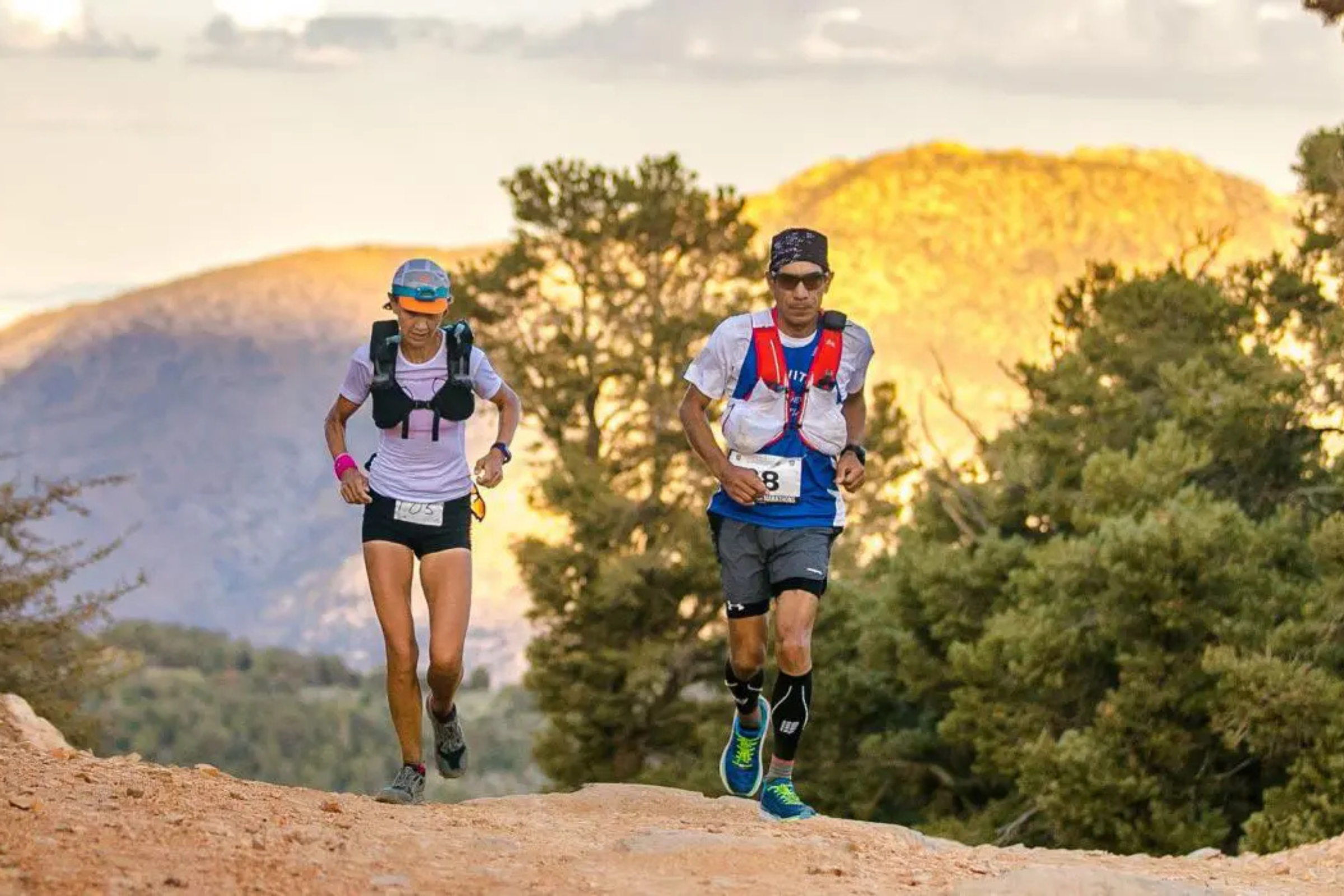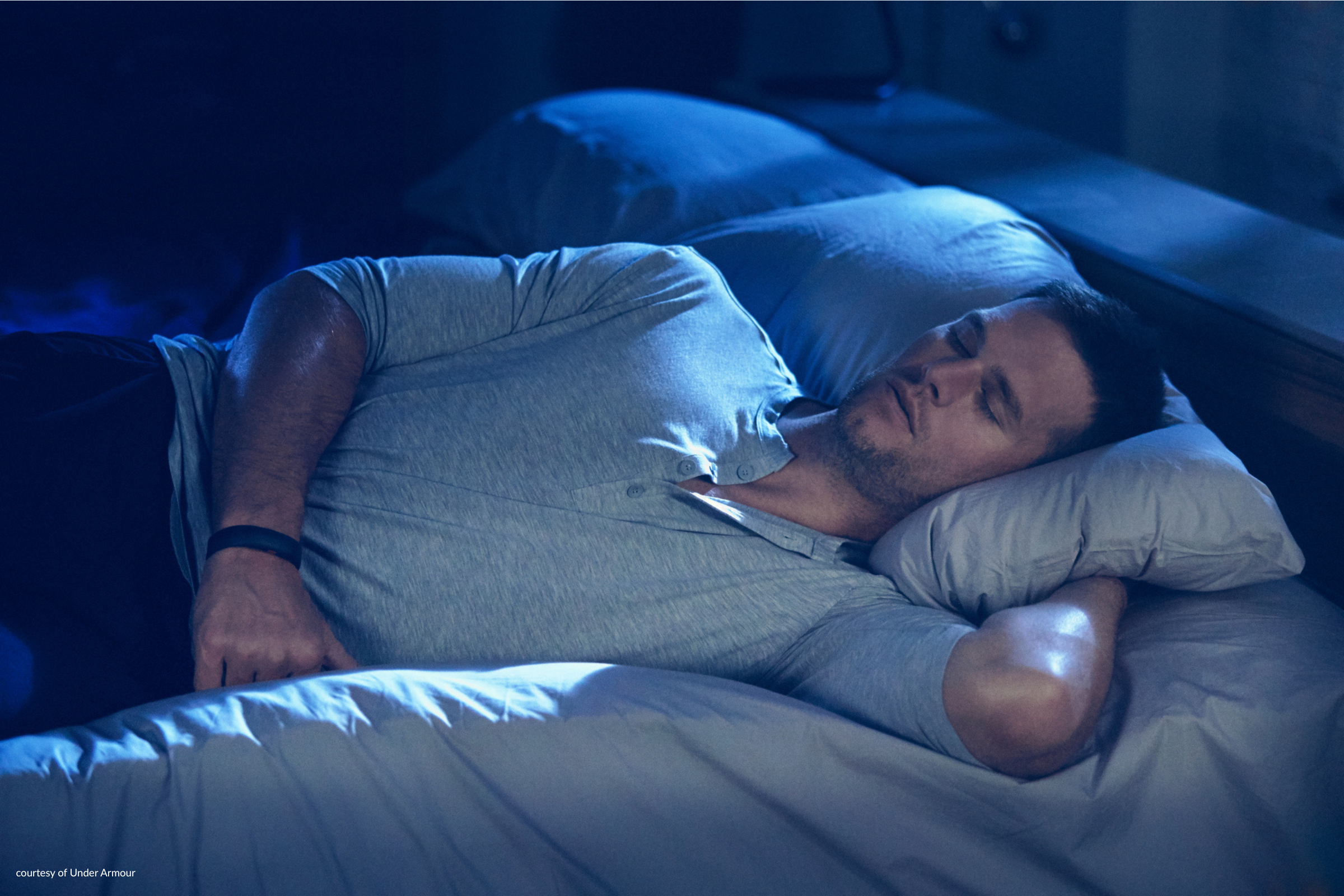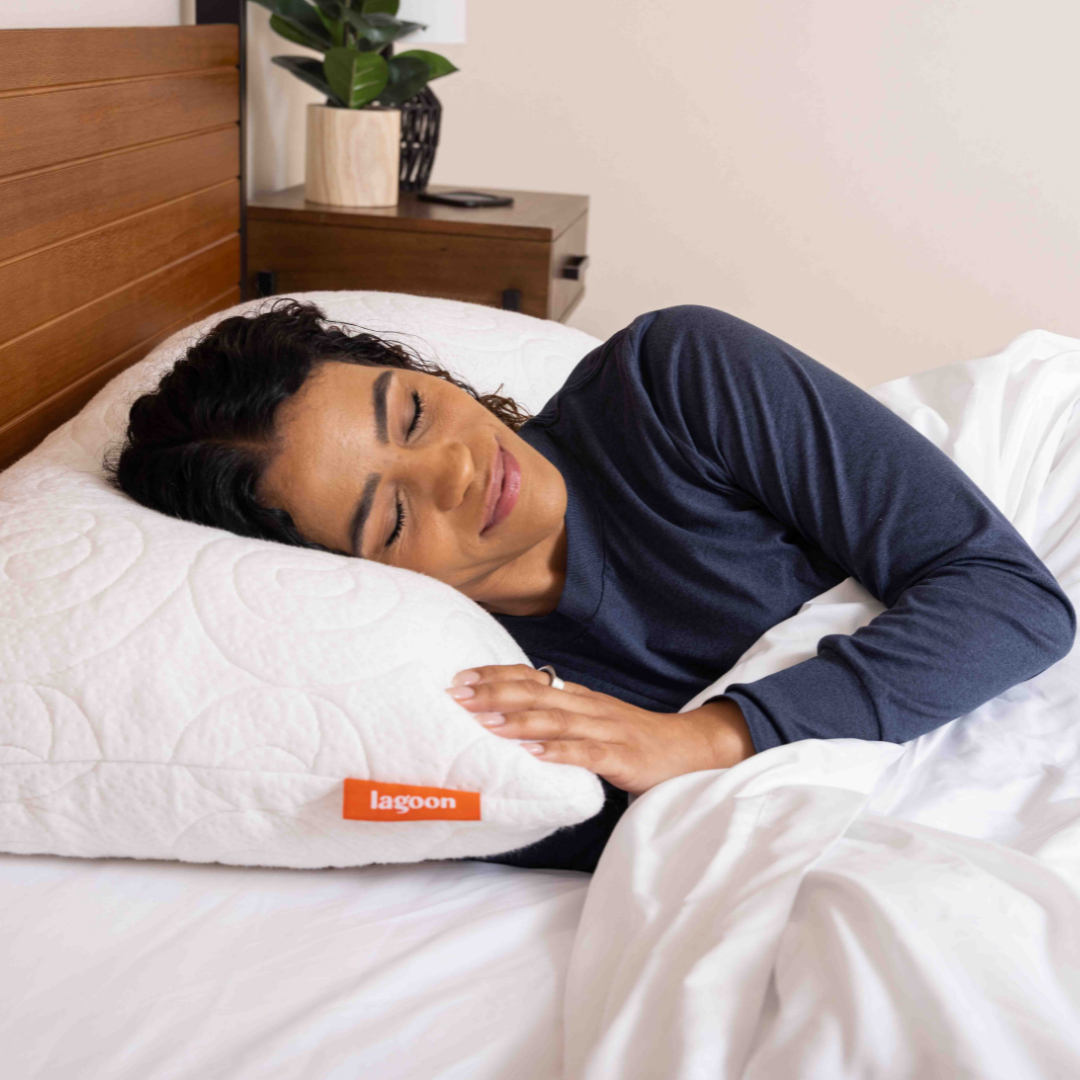Hey packlings 👋
Is it better to focus on sleep quality or quantity? And what’s involved in Lebron James’ $1.5 million per year biohacking routine? There’s plenty of juicy news in this week’s edition of Sleep & Fitness - let’s get into it!
👌 Why to Focus on Sleep Quality Over Quantity
Getting eight hours of sleep isn’t enough if the quality of that sleep is poor. If you still feel tired upon waking, it may indicate your sleep cycles aren't functioning properly. Thanks to modern technology, sleep trackers can now measure important metrics like heart rate and sleep stages, offering insights into your sleep quality. Sleep is divided into two main types: non-REM and REM. Non-REM sleep includes light sleep (stages 1 and 2), which is crucial for memory consolidation and emotional processing, and deep sleep, which supports physical recovery and repair. Deep sleep occurs mostly in the first half of the night and is essential for feeling refreshed. REM sleep, where dreaming occurs, is vital for brain recovery and emotional processing. During REM, your body is temporarily paralyzed to prevent acting out dreams. While tracking your sleep isn’t essential, understanding your sleep stages can help improve your rest and overall well-being.
🧬 Here’s A Peek A LeBron James $1.5 Million A Year Biohacking Daily Routine
LeBron James, now 39 and entering his 22nd NBA season, continues to defy age and impress on the court. In the Netflix docuseries Starting 5, James shares that his success is due to a disciplined biohacking routine focused on recovery and physical maintenance. His regimen includes cold plunges, red light therapy, cryotherapy, and using a hyperbaric oxygen chamber to boost recovery and improve muscle and joint health. Off the court, James maintains a clean diet, avoiding sugar, processed foods, and fried items, while ensuring he gets plenty of rest. However, James' most important health hack is something anyone can adopt: sleep. He prioritizes it as the best recovery tool, making sure his sleep environment is optimized by limiting screen time and keeping his room cool. While he doesn't always get perfect sleep, James believes it's essential for staying at peak performance, helping him recover and prepare for the next challenge.
🙏 Study Finds That Extra Sleep Boosts Gratitude and Resilience
A new study from Baylor University found that adding just 46 extra minutes of sleep per night can improve overall well-being, including increased resilience, gratitude, life satisfaction, and a sense of purpose. The study, led by Alexander Do, also explored how sleep influences prosocial behaviors. Well-rested individuals were found to express more gratitude and positively engage in social actions, such as charitable giving. This research shifts the focus from the usual emphasis on the negative effects of sleep deprivation to a more optimistic perspective, showing that increasing sleep can actively enhance mental health and social behaviors. It’s outstanding to see researchers highlighting the positive side of sleep - helping individuals feel more alert and supporting a broader sense of life purpose and social connectedness, with implications for fostering healthier communities.
🫖 Can Sleep Supplements Really Revolutionize Your Rest and Recover?
Sleep deprivation is a growing issue, with one in five British adults struggling to get enough rest, leading to serious health risks like obesity, diabetes, and even early mortality. In an effort to tackle this, elite British sailor Ben Ainslie and his wife, TV presenter Georgie, have launched a new Night Powder sleep supplement aimed at improving rest and performance. Packed with ingredients like tart cherry extract and saffron, the product promises to recalibrate circadian rhythms and enhance sleep quality. A week-long experiment with the supplement led to noticeable improvements in sleep and energy levels for the writer. While some restless thoughts persisted, the overall sense of refreshment and better focus throughout the day was a marked improvement. By the end of the week, they felt more energized and less sore, making a clear case for the potential of targeted sleep supplements in improving both rest and recovery. Here at Lagoon, we’re big fans of magnesium and L-theanine which are the natural supplements we use in our Night Bites.
☀️ Here’s Why Getting More Light During the Day and Less At Night Is Good for Your Health
A groundbreaking study from the U.K. reveals that exposure to light—both day and night—can significantly affect our health and longevity. Researchers tracked nearly 90,000 people, measuring their light exposure with wearable devices, and found that those exposed to bright lights at night had a 21% to 34% higher risk of premature death, while those who enjoyed bright days had a 17% to 34% lower risk of mortality. The study also highlights the importance of contrast between day and night lighting. People who spend time outdoors during the day, where light intensity is far higher than indoors, show better health outcomes. In contrast, bright light at night, particularly in the hours between 2:30 and 3:00 a.m., is linked to higher mortality risks. The research suggests that light exposure during the day helps protect against the harmful effects of nighttime light, which can interfere with sleep and disrupt circadian rhythms.
That’s a wrap on this week’s sleep and fitness news. Remember to follow @lagoonsleep on Instagram for your daily dose of sleep & fitness news and entertainment.







